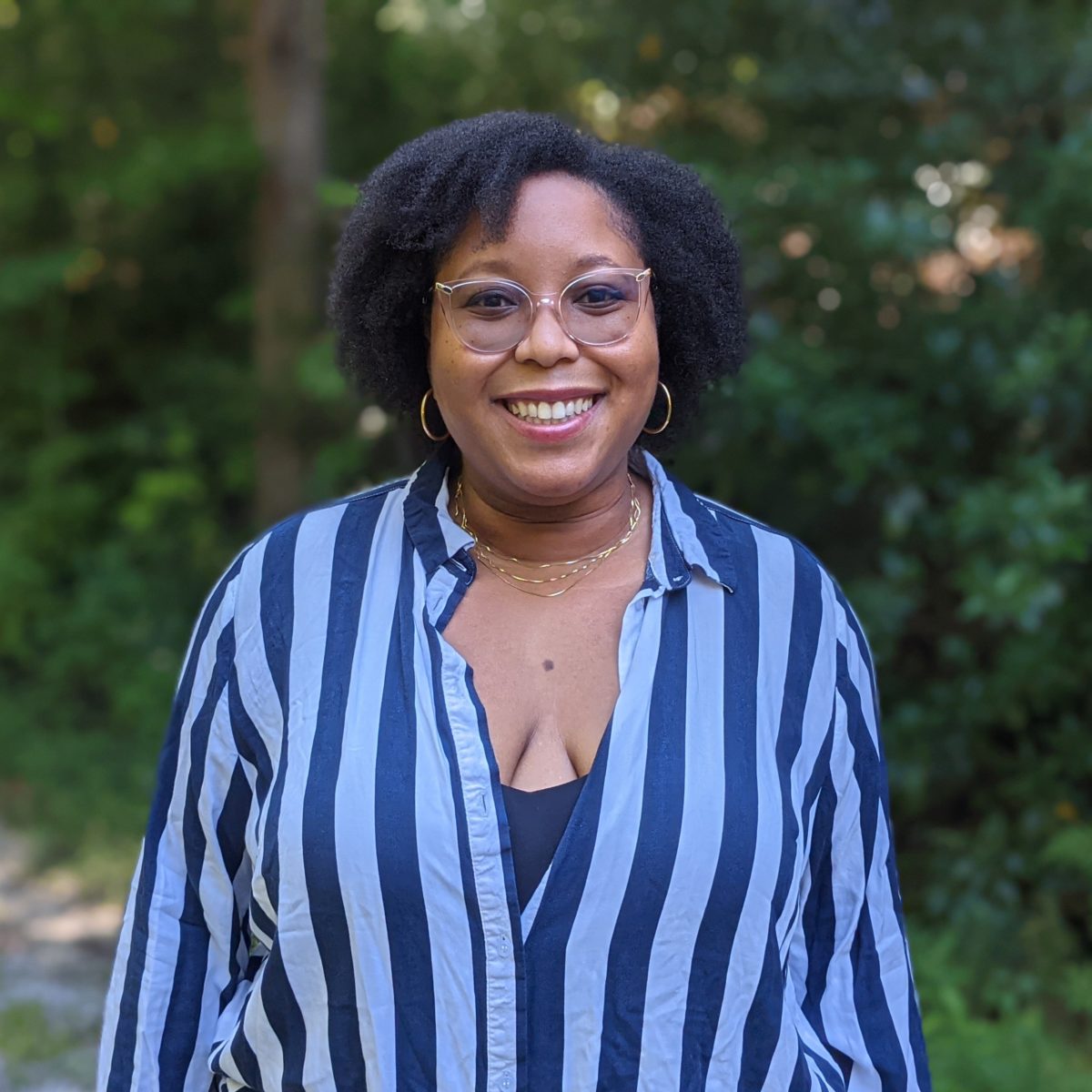All the legal system’s a stage, all the attorneys are merely players, and North Carolina Supreme Court Justice Anita Earls keeps refusing to play along—to the ire of judges invested in maintaining the facade of impartiality.
Earls, the only Black woman on the state’s high court and one of two Democrats, spoke candidly in an interview earlier this summer about how implicit bias impacts the court’s ability to actually administer justice. The interview triggered the state’s Republican-controlled Judicial Standards Commission to open an investigation into Earls for her crime of undermining “public confidence in the integrity and impartiality of the judiciary.” This, in turn, led Earls to file a federal lawsuit to protect her First Amendment right “to bring to light imperfections and unfairness in the judicial system.”
In the weeks that followed, the Commission offered to provide Earls with “advisory opinions” about whether her future public statements—for example, her speeches in the coming months, while both the investigation and her lawsuit are pending—conform to the Code of Judicial Conduct’s requirements. Earls called the offer “nothing more than an invitation to participate in an unconstitutional prior restraint of speech in which the speaker must apply to governmental authority.” Now, in a new order, the federal judge hearing the case has wagged a finger at Earls, calling her refusal to participate in this charade an “unnecessary and inflammatory attack on the motives of the Commission and its members.”
“This court will remind all counsel and parties that they are members of the Bar and officers of the court,” wrote Judge William Osteen, who was appointed to the bench by President George W. Bush in 2007 after the retirement of his father, also Judge William Osteen, who was appointed to the same position by President George H.W. Bush in 1991. Quoting the state bar’s rules of professional conduct, Osteen (the younger one) continued: “A lawyer has a ‘special responsibility for the quality of justice,’ and should ‘demonstrate respect for the legal system and for those who serve it, including judges, other lawyers, and public officials.”
Earls had the audacity to make what should be an uncontroversial critique of legal culture with the aim of making it fair and respectful to the women and people of color who come into the courtroom, whether they’re a judge, clerk, attorney, or litigant. And yet again, another white Republican judge is slapping her hand for not performing enough respect for a system that affords her so little. It’s bitterly ironic for a federal judge to be tone-policing the plaintiff in a First Amendment lawsuit, reinforcing a culture that prizes civility more than civil rights and the fiction of equal justice under law more than the reality of it.
In an earlier piece about Earls and efforts to push Black elected officials out of office, I discussed how the attacks on Earls feel racialized. To be honest, they also feel familiar. I recognize it as a fellow Black woman attorney who has occasionally made people with more power uncomfortable by speaking too loudly, too frequently, and too—sorry, just being honest again—accurately about the way the law upholds inequality. Like the journalist and culture writer Hanna Phifer once wrote, “Black women will always be too loud for a world that never intended on listening to us.” Reprimands like the one issued by the Commission and now by a federal district court judge exacerbate that harm by stifling the voices of people who recognize and want to confront the problem.
Anita Earls was right and she should say it. Drawing attention to ways the judiciary can improve on its failures is fully consistent with a judge’s “special responsibilities.” Respecting the legal system should mean living up to its purported values—not lying about it.

